I have debated for more than a year whether I should share my thoughts on Psalm 22 with you. They feel selfish, even when I know they are not. This past week my good friend Dr. Rick Wright shared his reflection on Psalm 22, the first of the “last seven words of Christ,” and I feel I can share my thoughts as well.
Over the last 16 months of have often thought about the moment when Elizabeth and I were in the hospital and we were told that Mack didn’t make the flight from State College to Hershey. The very first thing that came to my mind was to scream out,
My God, my God, why have you forsaken me? Why are you so far from helping me, from the words of my groaning?
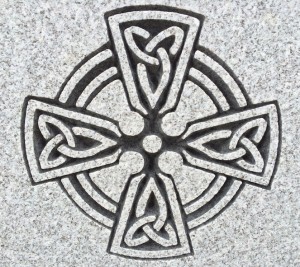 I swallowed the words, I kept them inside me, but they continued to run again and again through my head as we stood next to his lifeless body. How could God turn his back to us, how could it be that Mack was gone, our prayers ignored. I wanted to wail and I did. At times I continue to wail. Every day we cry some, sometimes we cry a lot.
I swallowed the words, I kept them inside me, but they continued to run again and again through my head as we stood next to his lifeless body. How could God turn his back to us, how could it be that Mack was gone, our prayers ignored. I wanted to wail and I did. At times I continue to wail. Every day we cry some, sometimes we cry a lot.
O my God, I cry by day, but you do not answer; and by night, but find no rest.
Psalm 22 is a lament from a man surrounded, literally or metaphorically, by physical enemies, but the emotion, the despair is felt by us as we grieve. Yet every time I find myself invoking this psalm, part of my mind immediately chastises me, saying “who are you to invoke the words of Christ?” I am a person in pain, grieving, that is who. These were Jesus’ words, but they were the words of the psalmist first. He appropriated them and so should we. Rick, citing James Mays, makes the point succinctly.
Mays adds, “[Jesus] joins the multitudinous company of the afflicted and becomes one with them in their suffering. In praying as they do, he expounds his total identification with them. He gives all his followers who are afflicted permission and encouragement to pray for help. He shows that faith includes holding the worst of life up to God”. Christ identifies with us in our pain and struggles even when we feel abandoned by God. Do none of us ever feel that way?
I write this post on Easter Saturday. Today we keep the vigil from cross to empty tomb, remembering Christ’s sacrifice for us and his victory over death. Psalm 22 has been read by hundreds of thousands over the last day as we meditated upon the suffering of Christ, the deep, penetrating sense of abandonment that Jesus himself felt. Just as we are to identify ourselves with those in the crowd who shouted “Crucify! Crucify!” to condemn him, the reality of this world is that we will also share Christ’s sense of loss and betrayal. He also gave us permission to challenge God, to call upon him to reveal himself and deliver him from his suffering.
It is vital to notice that Jesus did not accept his beatings and crucifixion without tears or pain; he cried out and felt the pain of this broken world as acutely as any other human, feeling let down and alone. As Mays points out, when Jesus invokes Psalm 22, “He gives all his followers who are afflicted permission and encouragement to pray for help.” But he also gave us permission to challenge God, to call upon him to reveal himself and deliver him from his suffering.
I have written before about why I feel it is so important for us to understand that we do not need to accept, and God does not expect us, our situation without protest. Those who say that we should accept our circumstances as “God’s will” do not understand God or his relationship with his people. If the Book of Psalms teaches us nothing else it is that we are allowed to cry out to God, to challenge him and demand an accounting. 67 of the 150 psalms are psalms of lament. Why? Because this life is full of reasons to lament. And part of lamenting is to complain, to challenge God and his justice.
Jesus did that. We should too.
But rather than conclude this post on such a dour note, I want to point out that Rick makes another the vital observation. (It is an excellent post. Far briefer than mine and far more insightful. Go read it.)
Jesus is not just quoting the first verse of Psalm 22. He quotes one small part in order to invoke the entire psalm. The gospel writers present the first of the last words of Jesus in a way that invite us to enter into and engage the entire psalm from its beginning to its end.
This is important to remember and the reason why I am still writing. Laments, biblical laments, do not end with the cry of anguish and disbelief. They continue and move to call God to remember that he is the God who has delivered his people.
3 Yet you are holy,
enthroned on the praises of Israel.
4 In you our ancestors trusted;
they trusted, and you delivered them.
5 To you they cried, and were saved;
in you they trusted, and were not put to shame.
And the psalmist will demand the same.
19 But you, O LORD, do not be far away!
O my help, come quickly to my aid!
20 Deliver my soul from the sword,
my life from the power of the dog!
21 Save me from the mouth of the lion!
Save us Lord. Deliver us from the grief that takes our joy, even as we rejoice in the resurrection and the knowledge that we will be with you and Mack. But in the meantime, we live “in the gap,” on Holy Saturday with death all around us and resurrection waiting for the dawn.
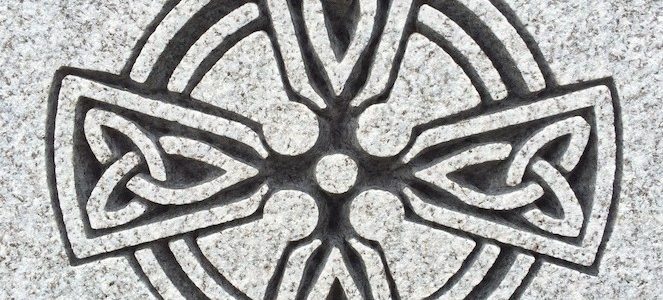

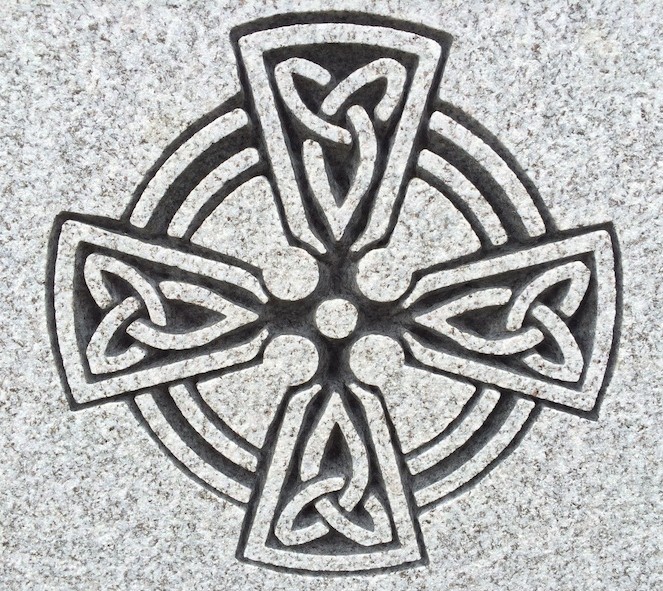
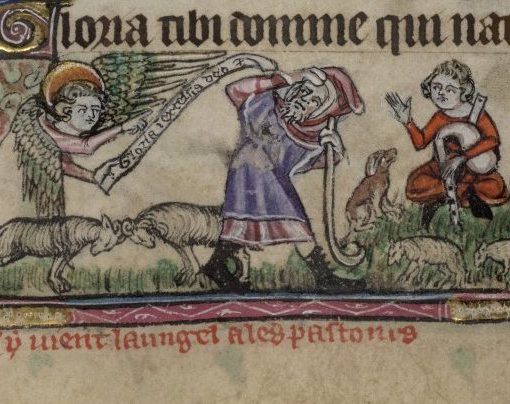
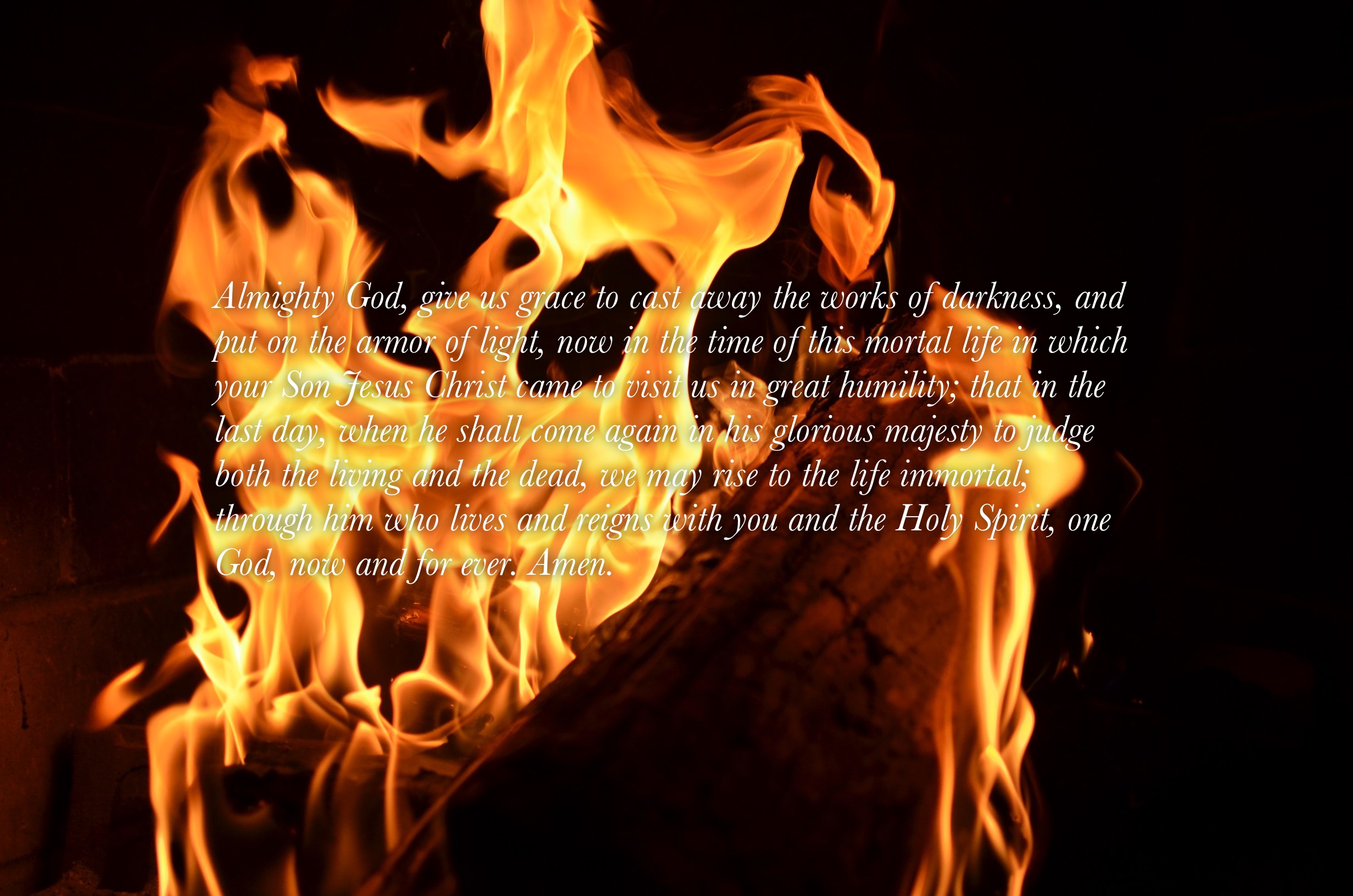
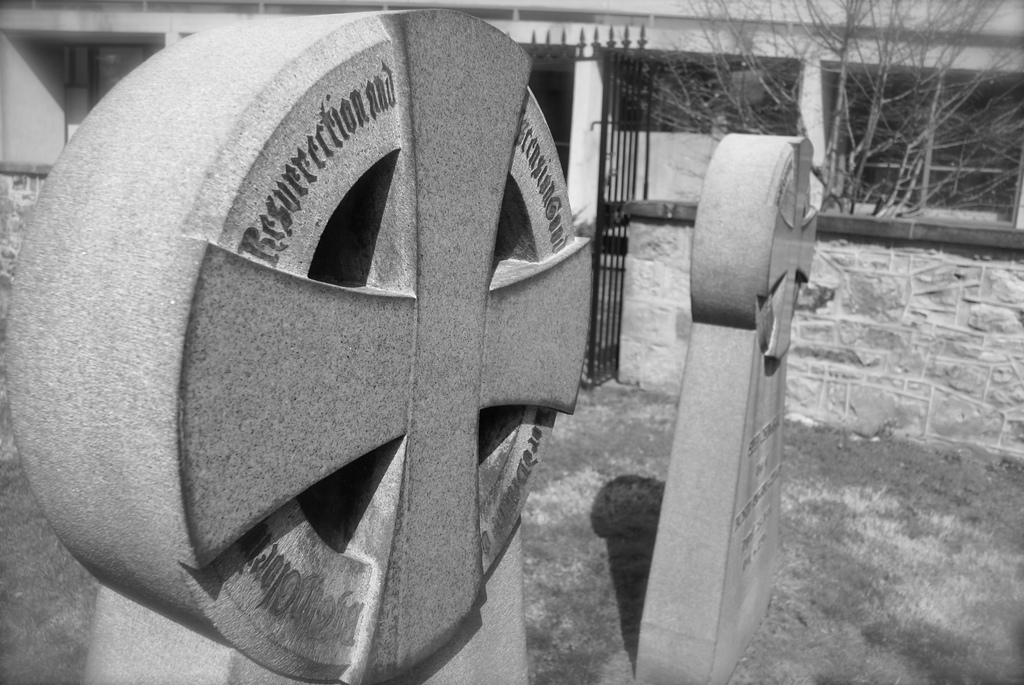
6 thoughts on “My God, My God, Why Have You Forsaken Me?”
Thank you, Chris.
Thank you for sharing this. We are sharing the video of a woman from our church who lost her daughter at age 16. She references Jesus’ time before the cross asking his father for a pass on the cup he was about to drink, as her permission to ask her questions and share her struggle with God. So important…may the hope you have received connect with others.
Thank you so much for sharing.
I know the pain of losing a son and feeling bereft of His love, although that love was only hidden by the depths of my despair. I slid down the slide for awhile, yet for some truly strange reason I feel closer than ever before. Grace be yours always!
god always answers our prayers. it is not always what we want. we don’t understand but as the song goes, we ‘ll understand it by and by. God does see us through even though it is hard.